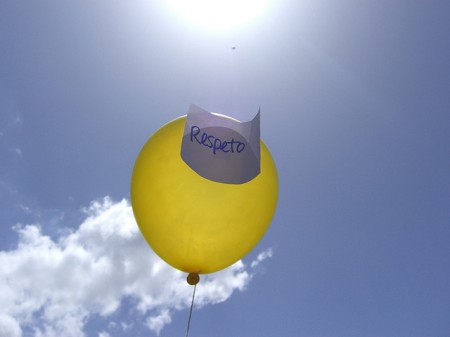
Merely a decade ago, close to 20,000 Jews called Venezuela their home. Yet in these past ten years, during President Hugo Chavez extended tenure, their number has dropped to less than 9,000. This exodus intensified between 2008-2010, with over 5,000 leaving the country, mostly heading to Miami in the US.
If someone were to rank the most embattled Jewish communities in the world today, the Jewish community of Venezuela would certainly be high on the list. Yet this has not always been the case. Venezuela’s Jewish community is among the oldest in South America, dating back to the middle of the 17th century, when groups of Marranos (Spanish and Portuguese descendants of baptized Jews, which secretly continued to adhere to Judaism) lived in Caracas and Maracaibo.
In the middle of the 19th century, the Jewish community in Venezuela became fully established, with a majority of the Jewish population descending from a continuous influx of European and North African immigrants. Most settled in and around the capital city of Caracas, comprising a tightly knit community converging around the Club Hebraica, a large complex in the eastern part of the city.




